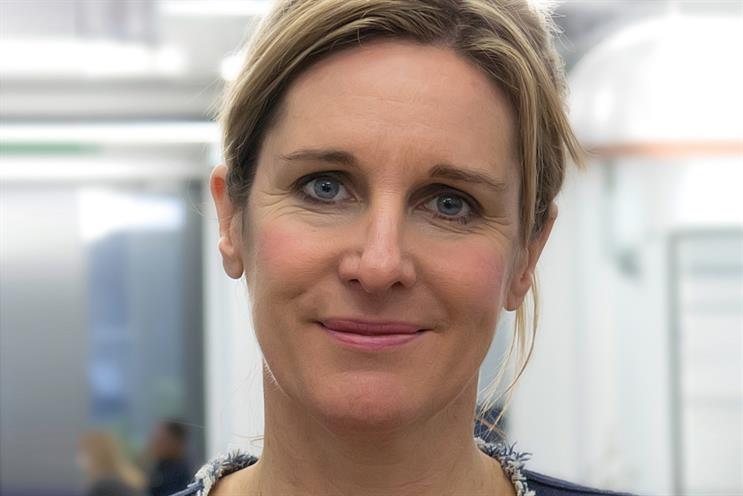Ah, modern life. With its think-ins, moonshots, hackathons, scope creep and agile working groups. All managed with productivity apps, sharing platforms, distraction-free software and time-management tools. Yet it’s amazing anyone has time to even write a Post-it note, let alone create a decent campaign.
Which is exactly why my secret weapon for creativity is nothing.
Five, 10, maybe 20 minutes of nothing. Just breathing and space.
Yes, I’m the latest modern, frazzled urbanite to fall under the spell of the meditation "fad". Except I don’t think it’s a fad. I think there’s a reason this ancient tradition is still alive and thriving.
I discovered meditation a couple of years ago when recovering from a back operation – the idea being that you don’t try to dull or ignore your pain but instead that you locate it in your body, explore it in your mind, breathe into it and just see what happens.
I found that not only did it help me experience pain in a different, less encompassing way but meditation also gave me focus and a better quality of sleep – and I realised it was a fantastic tool for creativity.
Why? It gives you the chance to create what I can only describe as a white space, letting all the noise and mind clutter fall away. I started researching the practice of Eastern meditation further when I joined Cheil as I became interested in the benefits of finding stillness in a fast-moving tech-led Korean culture.
What research and my own experience have shown is this is an ideal mindset to be in when you are conceiving new work, and also when you are evaluating it. Meditation gives you the clarity to look at what is there and see it properly. It’s really an extraordinary process.
I introduced the practice to our creative department by using a meditation coach. Happily, there’s enough science proving just how beneficial it can be for even the most hardened creative cynic.
It’s more than just giving us focus; resilience to criticism and pressure is also vastly improved. Reliance on crutches like alcohol and drugs is reduced and happiness levels increase. It might be an ancient idea, but I am finding it helps to solve some very modern problems.
Caitlin Ryan is executive creative director at Cheil UK


